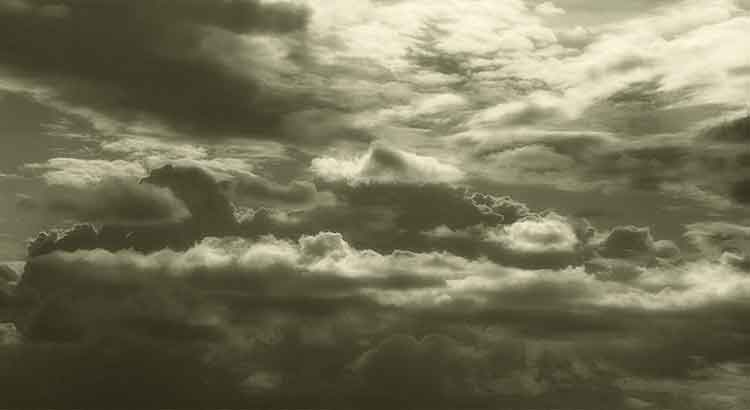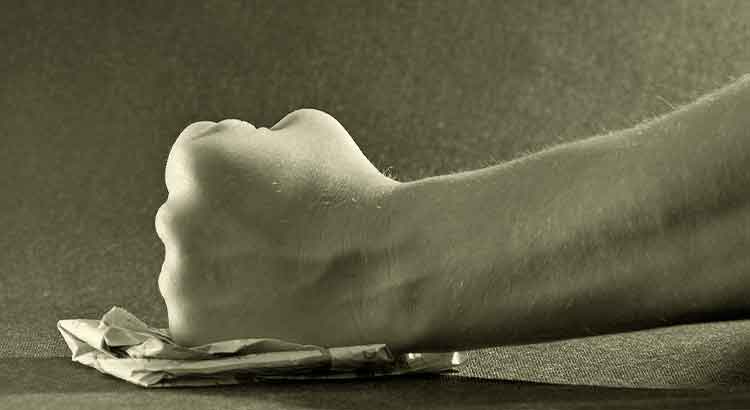The Idiot, by Fyodor Dostoevsky, is certainly a book I will approach at other opportunities. The work, as well as Don Quijote de la Mancha, by Cervantes, is brilliant and can confuse the unwary. As I said on another occasion, I thank so much for not rating this book as hilarious, and I did it just for having read it with some intellectual preparation. Dostoevsky manages, more in this than in other books, to give focus to his obsession with personalities touched by the divine. Prince Myshkin, the protagonist of the book, is the embodiment of the noblest that can be achieved as a human being. Endowed with infinite kindness and complacency, the prince generates empathy wherever he passes; however, he is misunderstood: his fellow men associate his candidness with innocence, lack of sense, taxing him as an idiot. Among all the themes in Dostoevsky, it is this in The Idiot which fascinates me most: human elevation necessarily requires the annihilation of vanity. Myshkin knows himself a misunderstood, or rather: he knows that others judge him an idiot; and yet it does not alter his complacent stance towards anyone. What does it matter what other people think? Myshkin seems immune to lust and can stare evil in the eyes, being light by contrasting with the shadows that evidence around him. His candor assails, molests, and coexistence only exposes his moral superiority before others. Idiot? Like Alyosha of The Brothers Karamazov, it seems that Myshkin walks among men to prove the asymmetry between the human and the divine, the misery and the grace, the earth and the celestial. And he proves to us, undoubtedly, all the mediocrity of small desires, small vanities and pride, which annihilates what would perhaps be the only human virtue worthy of this name.
____________
Read more:



